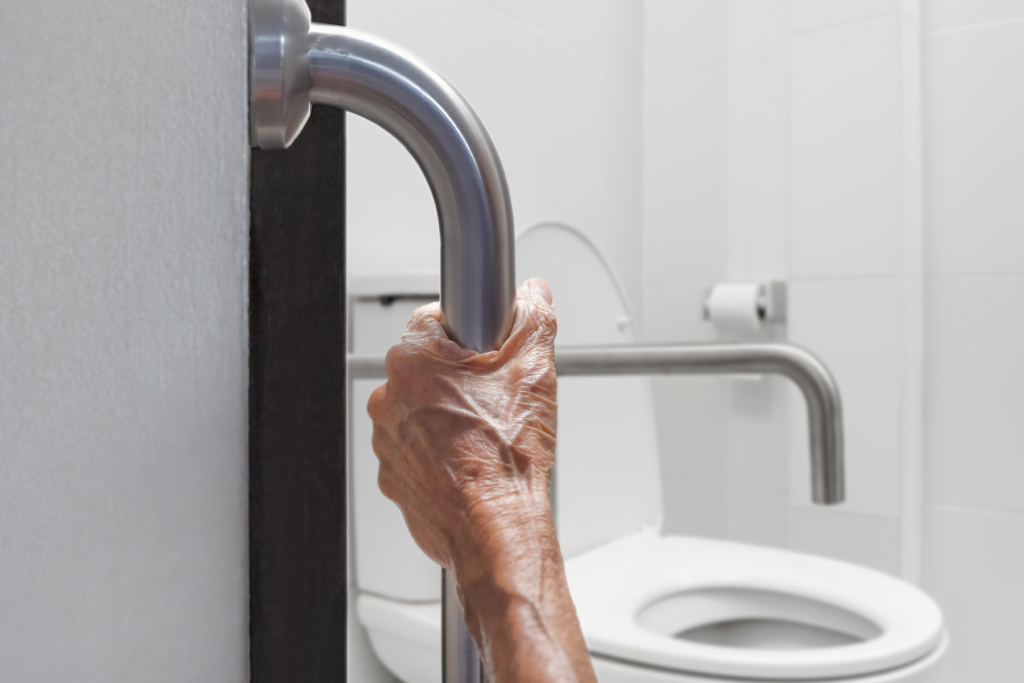Are Holidays Happy Days?
Holidays may be joyous for many, but for those living with Alzheimer’s disease and other forms of dementia, unwelcomed stress, sadness, and depression may be present.
We all want to enjoy the holiday season. Whether lighting the menorah or stringing up the lights on the tree, we ponder the brightness of a season filled with less anxiety. Remember the shopping, baking, cleaning, and entertaining family and friends? It can be challenging to cope with all of it, but we add deeper levels of stress when we are providing care for someone who cannot remember it all.
Holidays are jam packed with activity which can be very overwhelming for someone who is living in a world which no longer makes sense. It is essential to acknowledge that the individual with memory loss may become easily frustrated, impatient, tired, and anxious from all the stimulation. They may have challenges recalling family traditions, facts, details, and even people. It is up to caregivers to make the necessary adjustments so that the holidays can be happier days for all involved.
Here are a few tips to make the holidays less demanding for yourself and your loved ones. This may help to reduce the added stress that often accompanies the holidays, and those individuals living with memory loss.
- Simplify everything. Continue to do what holds special meaning, but do so at a minimum
- Familiarity. Recognizable places, people and objects will bring about more positive memories and conversations. Limit new experiences and places
- Prepare together. Do and Re-do what is enjoyable
- Tone it down. Too much is not better, blinking lights, loud music, and oversized displays can aid to disorientation and agitation
- Gatherings. A calm, quiet, less active environment is best. Observe for signs of distress and limit the amount of time, food, activity and people
- Schedule visits around the best time of day for the person living with dementia. They may tire more easily, especially when they are progressing in the disease process. Generally, morning and early afternoon are the best times for get togethers
- Encourage visitors to understand what is happening before they begin to interact, starting with an introduction to assist in orientation
- Acknowledge feelings and emotions, yours and theirs. Look for the reasons behind any behaviors and reassure the person with dementia in a supportive and calm voice
- Be realistic. Don’t place impractical anticipation on yourself to do what is not possible or probable. Go with the flow
- Delegate. Enlist others to help. Sure, no one can do it like you do, but ask and allow them to give you a break
- Hydrate, exercise, and relax. Are you all drinking enough fluids? Dehydration can spiral confusion and increase lethargic behavior and constipation. Move to the music and take time to unwind together
- Be careful with how many sweets and treats you are consuming
- Be prepared to listen to the same story many times. Listen with enthusiasm as though you are hearing it for the first time, each time
Tone down the twinkling lights, decrease the amount of visitors, and put on those old holiday favorites in moderation. This holiday does not have to be like all the rest. Rather than focus on what was and what is lost, look for the gift of beginning new holiday traditions, simplified, realistic, and still joyful for yourself and the ones you lov



Responses